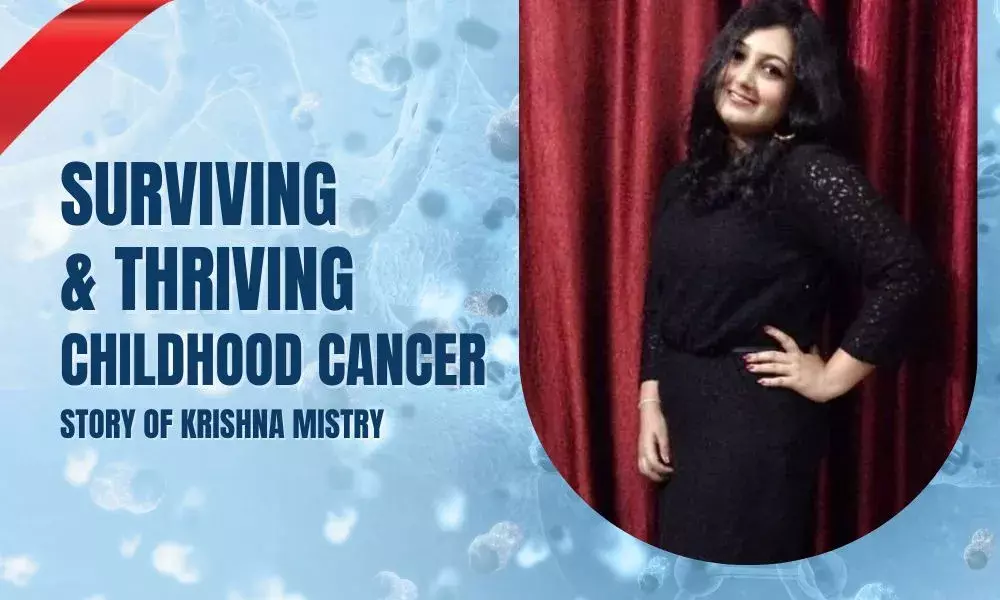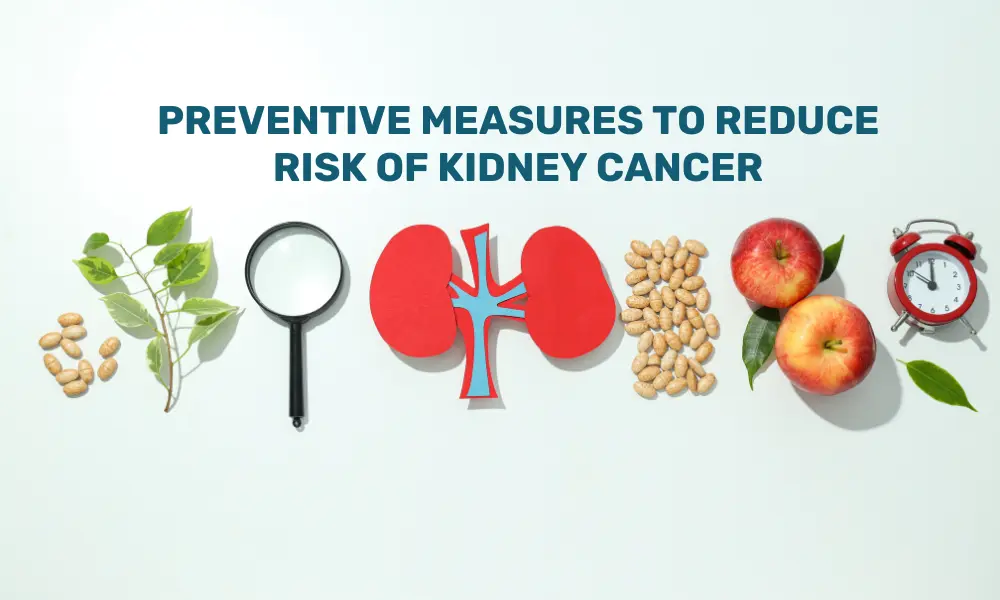An inspiring story of Krishna Mistry, the girl who not only survived Cancer in childhood but thrived it too and inspired many children to fight Cancer courageously.
We bring to you the story of Krishna Mistry, who was diagnosed with Ewing’s Sarcoma Tumour at the age of 12 in 2002. Krishna was in her higher secondary school at Kenya when one day, she experienced a sharp headache, a pain never known before.
Her parents were alarmed as her headache was just not settling. Their parental instinct motivated them to undertake a detailed medical investigation. They met several doctors and did a CT scan, which suggested that Krishna had a brain tumour and requires an urgent surgery.
At 12 years, Krishna was clueless about how a headache had caused restlessness in the family. After the diagnosis, the kind of decisions that her parents took could make or break her future. But her parents had decided the best for her, and her treatment had commenced without wasting any time.
Krishna and her parents dealt with the entire situation of childhood cancer with a lot of sensitivity and courage, which has made
it possible for her to thrive powerfully and build a better future for herself.
Here are seven inspirational things from Krishna’s journey that every patient and parent facing childhood cancer must get inspired about.
-
Coping up and acting fast: Initially, it was shocking for both Krishna and her parents to accept that she had a brain tumour. Despite the heart-breaking news, they accepted the news and acted fast on it. They stood beside their dear child strongly and took all her tantrums and pain supportively. They motivated her endlessly, and she never lost hope. They even shifted their base to India for her betterment.
-
Everything is Normal: According to Krishna, the most important thing that helped her recover from her surgery and Cancer was being treated normally. Post her treatment; her parents treated her normally and at par with her other two siblings. This made her feel that life is normal and she must be normal too. Her parents helped her resume life gradually and did not rush. This is essential for all the surviving patients to treat life normally post-treatment, as only then can one resume back to life normally.
-
Continuity in Academics: A year after her diagnosis, Krishna was fine enough to resume school. But she was denied admission to school because of being a cancer patient. However, her family fought this stigma aptly, and she continued her higher studies. Her family believed that academics play a vital role in one’s future. Therefore, she was motivated to complete her studies.
-
Sharing Information: Krishna’s parents shared the information about her illness at appropriate stages of life. Krishna recollects and tells us how, initially, her parents told her that it was just a tumour and needs to be operated on along with certain other therapies. She tells us how at 15 years, she learned that she had Cancer while reading a section from a Biology textbook two years later. This was when her mother told her about Cancer. Conveying information at appropriate time to the child is important as they are very young and should not be exposed to any sudden shock. What they need the most is endless love and care from their parents. A lot of information at an early age may complicate things.
-
Coping up is more important than excellence: It is important to make a child understand that, post-cancer, it is crucial to cope with academics and that excellence is immaterial as it has to be all about surviving and thriving. Krishna recollects how hard it was to cope with academics and score average marks in her higher secondary. However, with constant zeal, she later coped with her studies and scored over 80% in higher education. This was possible because she constantly believed in the importance of coping as a survivor.
-
Refer to Success story: In childhood cancer cases, it is important to give the child hope that he or she can fight Cancer and recover successfully like other children who had Cancer too. Krishna recollects how she inspired the lives of other children at CANKIDS, an NGO that works for the betterment of cancer children.
-
Staying strong: For parents, it is important to strengthen themselves and battle against every odd during their child’s journey. They are their child’s first school, and whatever they do will impact their child. Krishna states that even today her mother makes her feel strong. Whenever Krishna tends to overthink, her mother guides her not to do so and says that she is fine.
Krishna suggests that one should get back to life as soon as possible. The diagnosis should not stop a child from being a child; one must be self-motivating to participate in activities and daily task. Lastly, she insists that nutrition and doctor’s instruction are important and must be followed regularly.
Battling Cancer becomes easy when a cancer patient has someone to talk to and share. We invite cancer patients, survivors, and their relatives to join our vibrant Onco Cancer Care Community on Facebook. Let us join and make this journey great for each other.





